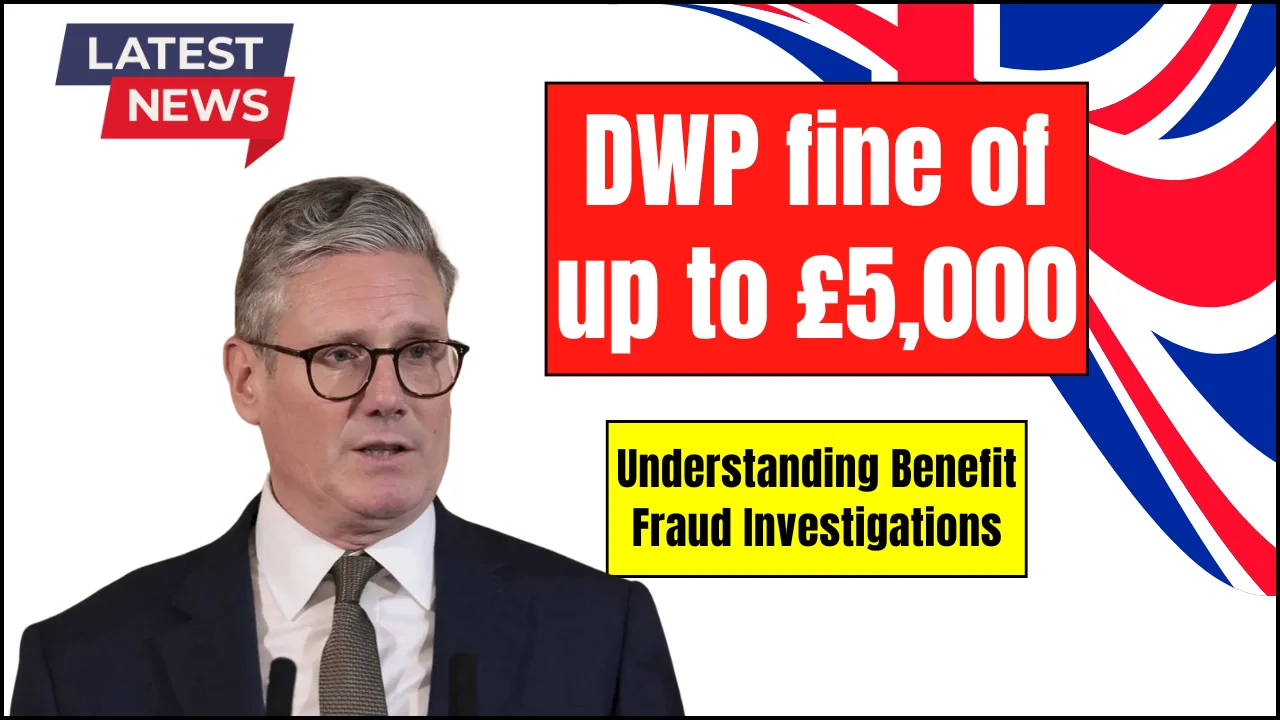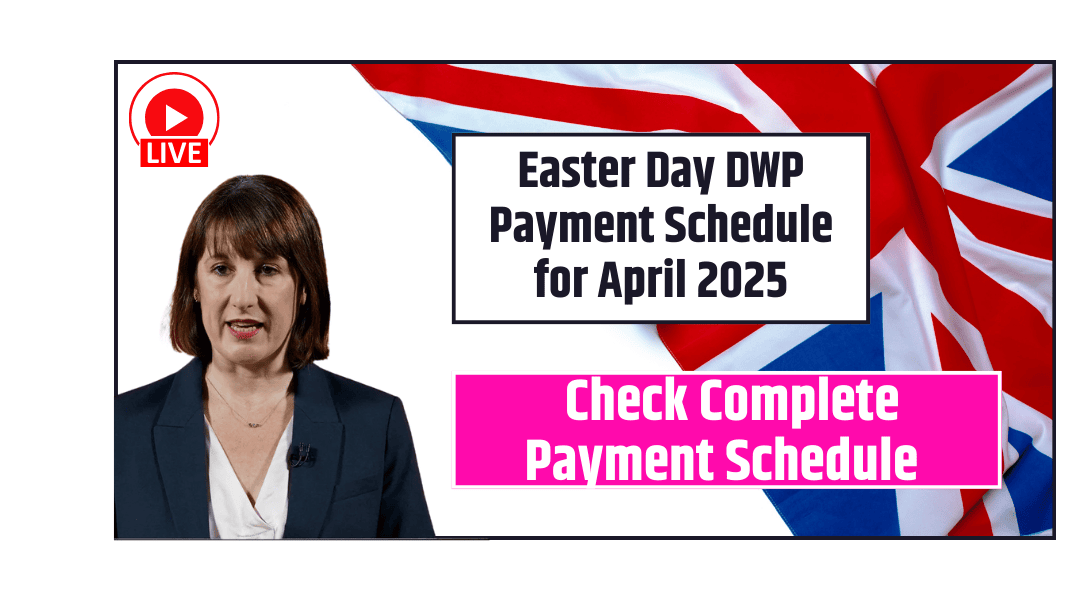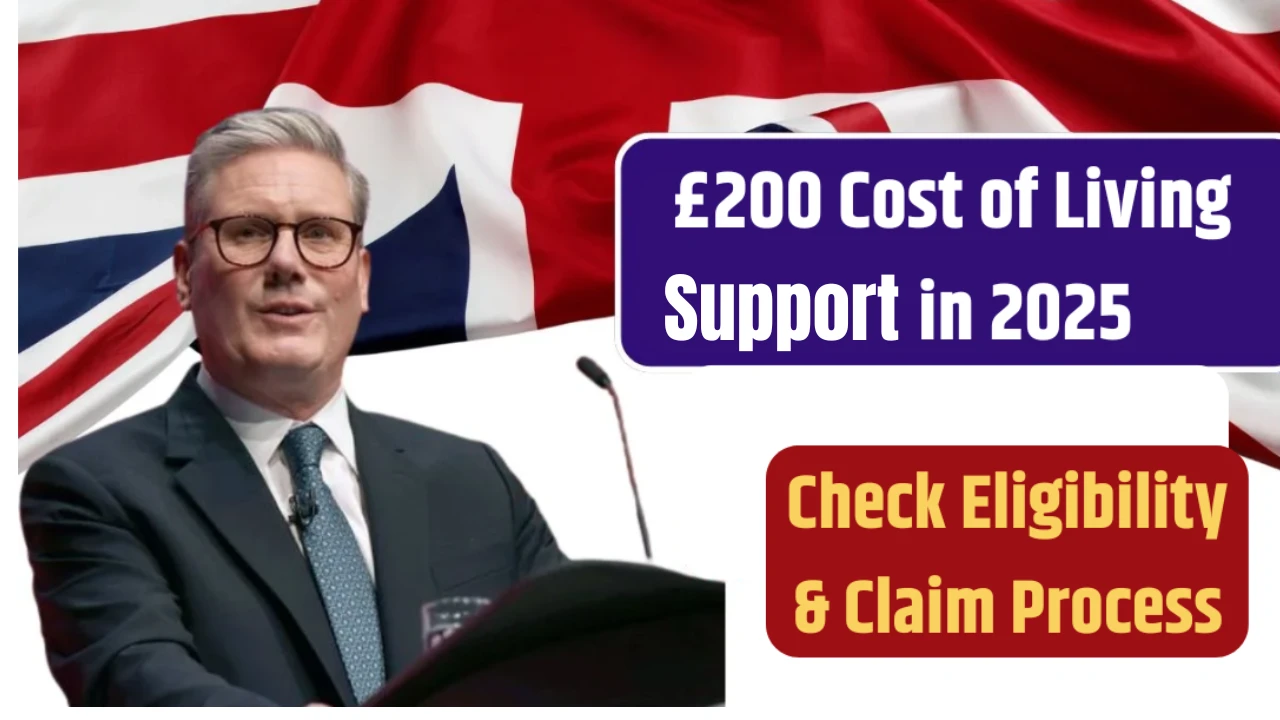DWP confirms Financial Lose £4,500 a Year: Recent changes to the Department for Work and Pensions (DWP) by the Labour government could push 250,000 more people, including 50,000 children, into poverty. This comes after new budget plans were shared by Chancellor Rachel Reeves, with many worried these reforms will harm struggling families across the UK.
What Are the DWP Changes About?
The government has announced big changes to benefits like Universal Credit and Personal Independence Payment (PIP). These changes are part of a larger plan to reduce government spending and meet budget targets. However, this also means many people could lose the financial help they currently receive.
How Many People Will Be Affected?
A report by the DWP shows that by the year 2029-30, around 3.2 million families could lose out on benefits. Some of these families are already receiving support, while others may need help in the future. On average, each family could lose about £1,720 a year, which is a big amount for those already struggling.
Cuts to Disability Benefits
One major area of concern is the cut in PIP benefits, which help people with long-term health conditions or disabilities. According to the report, around 370,000 people could lose this support, and on average, they could lose £4,500 each year.
Impact on Poverty Levels
The same report estimates that an extra 250,000 people, including 50,000 children, will fall into relative poverty after housing costs by 2029-30. Relative poverty means these people will earn much less than the average household, making it harder to afford basic needs like food, clothing, and shelter.
What About the £1 Billion Support Plan?
Chancellor Rachel Reeves announced a £1 billion per year plan starting in 2029-30 to help people get into work. The government says this extra support could help reduce the number of people pushed into poverty. But the DWP report does not include this impact in its poverty estimates, so it’s unclear how much difference it will make.
Why Are These Changes Happening?
Work and Pensions Secretary Liz Kendall says the government needs to cut spending to stay within budget rules set by the Office for Budget Responsibility (OBR). But many feel these cuts are coming at the cost of the most vulnerable people in the country.
Strong Criticism from Charities and Experts
Charities that work with disabled people and those in poverty are very upset about these changes. Thomas Lawson, CEO of Turn2us, said the cuts will cause more harm and won’t help people find jobs. He said many people already struggle to pay for basic things and live in fear of losing the little support they get.
He added that instead of cutting support, the government should focus on helping people find real job opportunities and building a system that people can trust.
What Do Experts Say?
Rachel Taylor from PwC noted that the government is willing to spend big on defence and technology to boost the economy. She believes similar bold steps could be taken to improve employment and social support systems too.
The government says the changes to benefits will help reduce spending and encourage people to work. But many worry that these cuts will cause more harm than good, especially for disabled people and low-income families. While a £1 billion job support plan is promised, it remains to be seen whether it will truly help those who need it most. What’s clear is that any reform to the benefit system must be done with care, keeping the needs of the most vulnerable in mind.
FAQ
Q1. What changes has the Labour government made to the DWP?
The government is cutting benefits like Universal Credit and PIP and tightening who can claim them, aiming to reduce spending.
Q2. How many people will lose financial support?
Up to 3.2 million families could lose money, with average losses of around £1,720 per year. Some will lose more, especially those on disability benefits.
Q3. Will these changes increase poverty?
Yes, government reports show 250,000 more people, including 50,000 children, may fall into poverty due to these changes by 2029-30.
Q4. Is there any help planned for those affected?
The government plans to invest £1 billion a year from 2029-30 to support people into work, which may reduce the poverty impact.
Q5. What do charities think about the changes?
Many charities are strongly against the reforms, saying they hurt the most vulnerable and don’t help people get into work.




